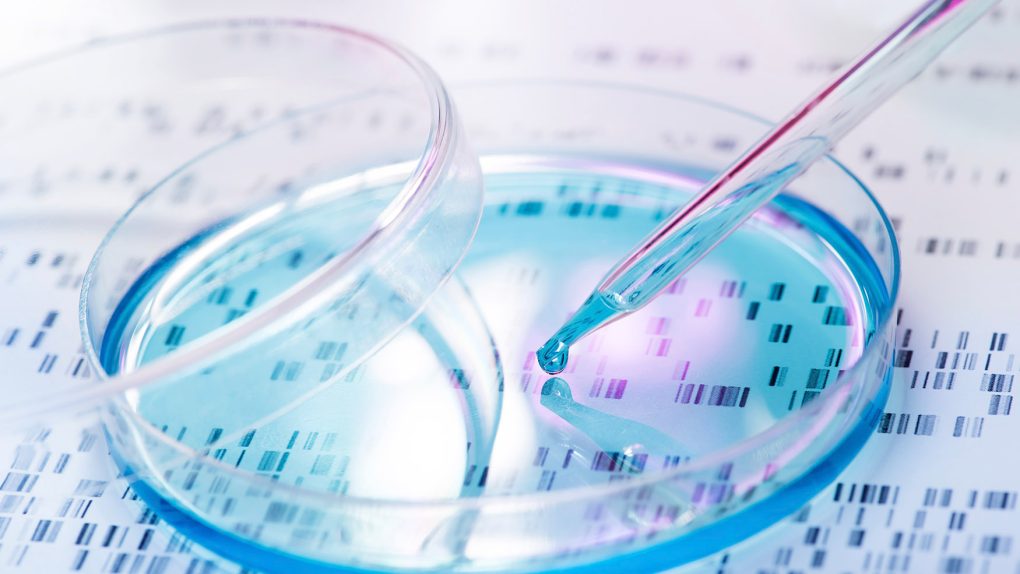- Scientists have warned us about the emergence of antibiotic-resistant “superbug” bacteria becoming more and more prevalent.
- New research suggests that in the biotech industry, antibiotic use poses serious risks to the environment, and fluoride could help.
- Fluoride is a natural defense against bacteria that could be used in place of antibiotics in certain processes, reducing the risk of bacteria adapting to our drugs and becoming resistant.
The increasing number of antibiotic-resistant bacteria — what scientists and medical professionals call “superbugs” — has led researchers to search for new ways to beat them and, if possible, prevent more from emerging. In the field of medicine, the overuse of antibiotics has been blamed for these superbug bacteria gaining a foothold, but it’s not the only industry that may be using antibiotics to the detriment of the Earth.
Scientists working with genetically modified organisms that want to prevent other microbes from growing use antibiotics as a sort of cleansing agent. Oftentimes, the GMO being worked with is given antibiotic resistance on purpose, so that researchers can ensure that they are working with only the microbes they want to. These genetically modified superbugs could pose a huge threat to the environment if they were to accidentally make it into the wild.
In addition to the risk of generating superbugs by using antibiotics against other microbes, GMOs being worked on in a laboratory setting also pose a risk of breaking free of containment and spreading in the environment. If that were to happen, nobody could accurately predict what dangers they may pose to the natural balance of things. Because they’re already resistant to one or more antibiotics, controlling them could be a real nightmare.
In a new paper published in Nature Communications, researchers propose a novel mechanism by which these organisms could be controlled in the event of an outbreak: fluoride.
“If that GMO were to get out of the lab and successfully replicate in the environment, you could not predict what traits it would introduce into the natural biological world,” Michelle A. O’Malley, co-author of the paper, said in a statement. “With the advent of synthetic biology, there is increasingly a risk that things we’re engineering in the lab could escape and proliferate into ecosystems where they don’t belong.”
The team used an existing technique to modify the genetics of microbes to make them especially vulnerable to fluoride, which is common in the natural environment. In the lab, these organisms would be fine, as pure water is used and they are unlikely to encounter any fluoride while being worked on and studied. If they managed to accidentally make it out of the lab, however, they would quickly die off after coming into contact with moisture or water containing fluoride, which is pretty much everywhere.
This approach would address both the issue of antibiotic overuse as well as containment concerns. It’s also much, much cheaper than the alternative method, so it really seems like a no-brainer.








